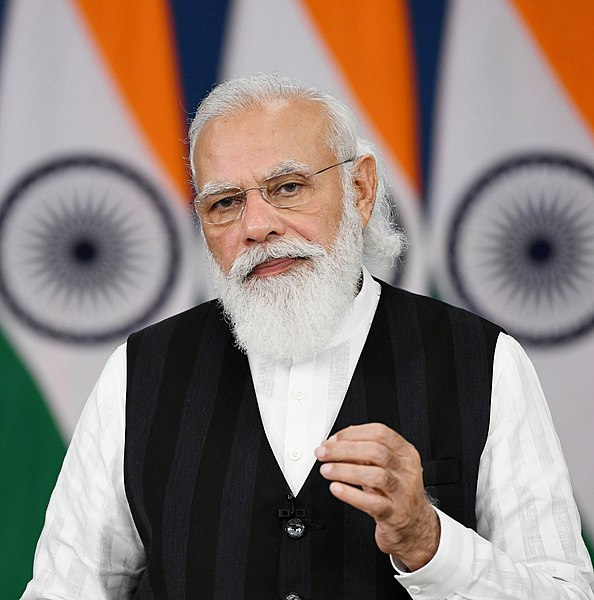
US rights groups are organizing protests against Indian Prime Minister Narendra Modi's upcoming state visit to Washington, citing concerns over India's deteriorating human rights situation.
The Indian American Muslim Council, Peace Action, Veterans for Peace, and the Bethesda African Cemetery Coalition plan to gather near the White House on June 22, coinciding with Modi's meeting with US President Joe Biden.
While Washington aims to strengthen ties with the world's largest democracy as a counterweight to China, human rights advocates fear that geopolitical considerations will overshadow human rights concerns. The United States has expressed worries about the Indian government's targeting of religious minorities, dissidents, and journalists.
Flyers with messages such as "Modi Not Welcome" and "Save India from Hindu Supremacy" have been prepared by the protest groups. In New York, another event titled "Howdy Democracy" will take place, alluding to the 2019 "Howdy Modi!" rally in Texas, where Modi appeared alongside then-US President Donald Trump.
Amnesty International and Human Rights Watch have invited policymakers, journalists, and analysts to a screening in Washington of a BBC documentary that questions Modi's leadership during the deadly 2002 Gujarat riots.
However, analysts suggest that these protests and concerns are unlikely to significantly impact the discussions between Biden and Modi. Donald Camp, a former State Department official and member of the Washington think tank Center for Strategic and International Studies, believes that human rights will not be a major focus of the conversation. To ensure a successful trip for both sides, there may be a reluctance from Washington to raise human rights issues.
The US State Department has stated that it regularly raises human rights concerns with Indian officials and respects the right to free speech and demonstration by US residents protesting against Modi. The spokesperson for India's foreign ministry did not respond immediately to Reuters' request for comment.
Under Modi's leadership, India's press freedom ranking has declined from 140th to 161st in the World Press Freedom Index, reaching its lowest point ever this year. The country has also topped the list for the highest number of internet shutdowns globally for five consecutive years. The Indian government dismisses these criticisms, claiming that its policies are aimed at the welfare of all communities and that the law is enforced impartially.
While Modi remains a popular leader in India and is expected to retain office after next year's elections, advocacy groups have raised concerns about alleged human rights abuses under his Hindu nationalist Bharatiya Janata Party (BJP) government. These concerns include a 2019 citizenship law deemed discriminatory, anti-conversion legislation that infringes on the freedom of belief, and the revocation of Indian Illegally occupied Kashmir's special status in 2019.
Modi was denied a US visa in 2005 under a law barring entry to foreigners who have committed severe violations of religious freedom. When he became prime minister, the ban was lifted. Under the Biden administration, some muted concerns have been raised by Secretary of State Antony Blinken and the State Department in their reports on human rights and religious freedom for 2023.
While the China factor plays a role in the US handling of rights and democracy issues in India, experts suggest that the US also sees India as an important long-term partner beyond this consideration, according to Michael Kugelman, director of the South Asia Institute at the Wilson Center think tank in Washington. Photo by Government of India, Wikimedia commons.






































